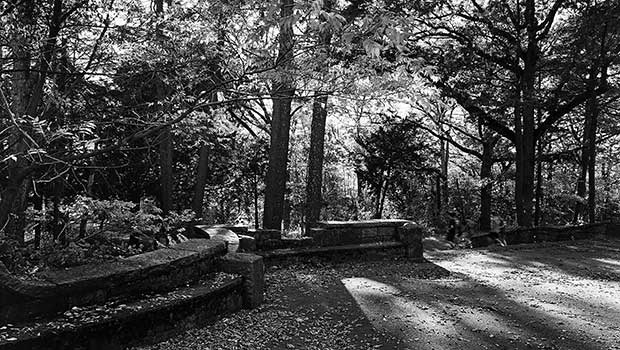The American chestnut could be the first tree ever restored to its native forest after suffering from a devastating airborne blight in the early 1900s that killed billions of trees.
Join The Arnold Arboretum of Harvard University on Ssturday, March 30 from 9 – 12:30 for a thought-provoking gathering as experts share perspectives on the history of American chestnut (Castanea dentata), its significance as a forest species, and subsequent decimation by an invasive blight pathogen, Cryphonectria parasitica. Ongoing research in blight tolerance and the addition of blight-tolerant genes are the prognosis for this tree’s future.
Special speakers include:
• Dr. David Foster, Director of the Harvard Forest
• Ms. Sara Fitzsimmons, Director of Restoration at The American Chestnut Foundation
• Dr. William Powell, Professor and Director of Council on Biotechnology and Forestry at State University of New York College of Environmental Science and Forestry
• Dr. Jared Westbrook, Director of Science at The American Chestnut Foundation
A panel discussion will follow the lectures:
Introduction by Ms. Lisa Thomson, President and CEO of The American Chestnut Foundation
Panel participants will include each speaker as well as Edward Faison, Senior Ecologist at Highstead Arboretum
Fee $20 per person (Free for students).Event takes place at the Arnold Arboretum’s WELD HILL RESEARCH BUILDING, 1300 Centre Street, Roslindale, MA
Register at my.arboretum.harvard.edu or call 617-384-5277.











